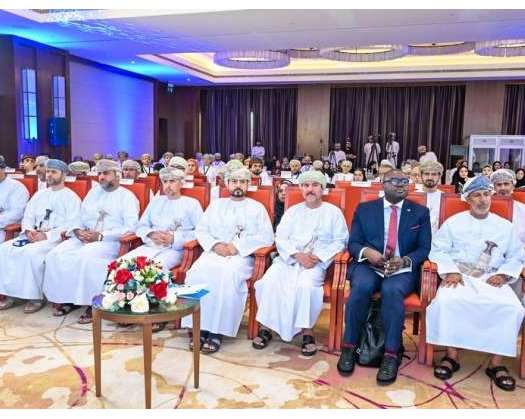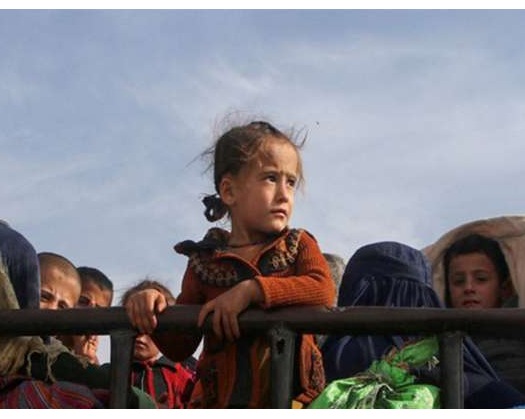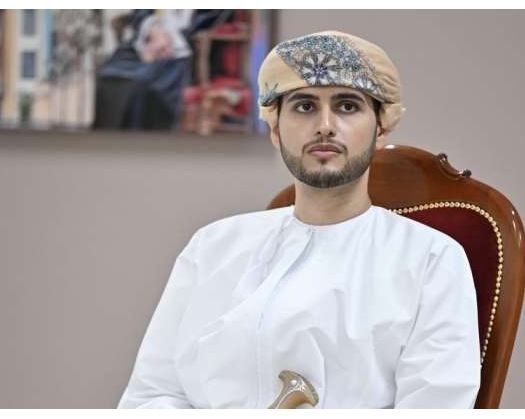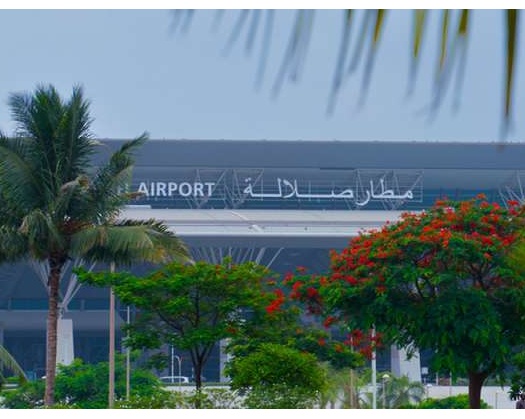Muscat – The Omani Human Rights Commission, in collaboration with the UN Working Group on Business and Human Rights, hosted the Business and Human Rights Forum today.
The two-day event features a wide range of participants, including government officials, private sector businesses, civil society organizations, UN agencies, academic institutions, and a select group of experts and researchers focused on human rights and corporate governance.
The opening ceremony took place under the sponsorship of Qais Mohammed Al Yousef, Minister of Commerce, Industry, and Investment Promotion.
The first day had two working sessions. The first discussed international and national frameworks for business and human rights, such as the UN Guiding Principles on Business and Human Rights, the significance of Oman Vision 2040 in facilitating business while supporting human rights, Oman’s legal framework for worker protection, and the role of higher education institutions in promoting human rights in the business environment.
The second session focused on shared responsibilities for promoting human rights in business, including the judiciary's role in safeguarding human rights in commerce, the Oman Chamber of Commerce and Industry's efforts to advocate human rights, the Consumer Protection Authority's initiatives to ensure fair trade practices, and Ooredoo's policies to support the rights of individuals with disabilities in the workplace.
On the second day, the focus will be on creating successful institutional policies for safeguarding human rights in business, as well as the function of civil society and other sectors in promoting human rights.
This forum is part of national initiatives to foster workplace justice and openness and to incorporate human rights values into business policies and practices, in accordance with the UN Guiding Principles on Business and Human Rights and Oman Vision 2040, which emphasizes a sustainable economy based on empowerment, participation, and accountability.
The event aims to facilitate multilateral dialogue among business stakeholders, raise awareness of international human rights principles, share best national and regional practices, address new difficulties in incorporating human rights into business policies, evaluate successful institutional experiences, and recommend ways to align local laws with international standards. It also emphasizes the contributions of judicial institutions, legislative proposals, and civil society in promoting this path.
The event also featured the unveiling of a national effort to recruit persons with disabilities in the private sector, which aims to provide equal opportunities, eliminate discrimination in recruitment, and ensure fair and equitable inclusion in the workforce. The effort aims to translate the forum's conclusions into practical measures to support the rights of individuals with disabilities in the workforce while also meeting national employment goals for this population.











